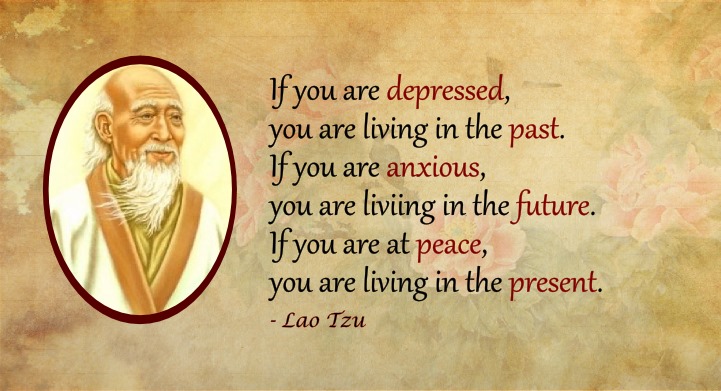A tall and dignified woman walked into my office today. She was a recent retiree after a successful professional career. She was intelligent and articulate about her prolonged depression brought on by the death of her first son in his prime, and her present anxiety over her second son’s plan to work overseas. She was worried to death that something might happen to him as well
She complained about the unbearable burden of depression and anxiety and her inability to free herself. She mentioned that she envied those who did not have to worry about the loss of a child, but I countered with the suggestion that childless mothers all envy women with children because to have a child and run the risk of losing them is better than never having experienced motherhood. She also agreed that it is better to love and suffer than it is to have never experienced love.
So far, nothing had been able to lift up her spirit or reduce her pain. It was only through her understanding of the paradoxical truth, that we can have a meaningful life by embracing the horrors of human existence, that she learned to accept the past, face the future, and live fully in the present.
Here are a few breakthrough moments when she grasped the paradoxes of life:
- The constant heartache of losing her first son is simply a sign of the mother’s enduring love. Holding both love and pain together is a new normal.
- Losing a child does not mean that the mother’s life is over; it could also mean the beginning of a new life with a new purpose and meaning.
- Feeling anxious for the second child going overseas will not prevent him from getting hurt or killed. Her first child would not want to see that his premature death created limitations in his mother’s life and his younger brother’s life. He would rather like to see you send him off with your blessings and prayers.
- Everything in life exists in polarity. To love is to suffer. To live is to die. To suffer is to find meaning. To accept death is to live fully. Like riding a bicycle, we need to accept the opposites simultaneously in order to move forward.
- Life is a paradox. Denying or avoiding death by staying at home would only mean a living death. On the other hand, accepting death as an inevitable part of life and make the most of one’s short and fragile life is a better way to live a meaningful life. From denial to acceptance represents growth.
- Anxiety over the second son’s departure may represent her own anxiety over the emptiness of her own life and prospect of aging and dying. It is time to get more actively engaged with her present life.
At some of the transition points mentioned above, she wiped her tears and nodded her head. At the end, she left my office with a broad smile and expressed gratitude, thanking me for the Christmas gift of giving her something uplifting by providing new insights in life.
Cite
Wong, P. T. P. (2019, December 19). A Clinical Case Based On Meaning Therapy And PP 2.0. Dr. Paul T. P. Wong. Retrieved from http://www.drpaulwong.com/a-clinical-case-based-on-meaning-therapy-and-pp-2-0/

 Meaning Conference 2025 will be the INPM’s first in-person conference with a virtual option after the pandemic.
Meaning Conference 2025 will be the INPM’s first in-person conference with a virtual option after the pandemic.